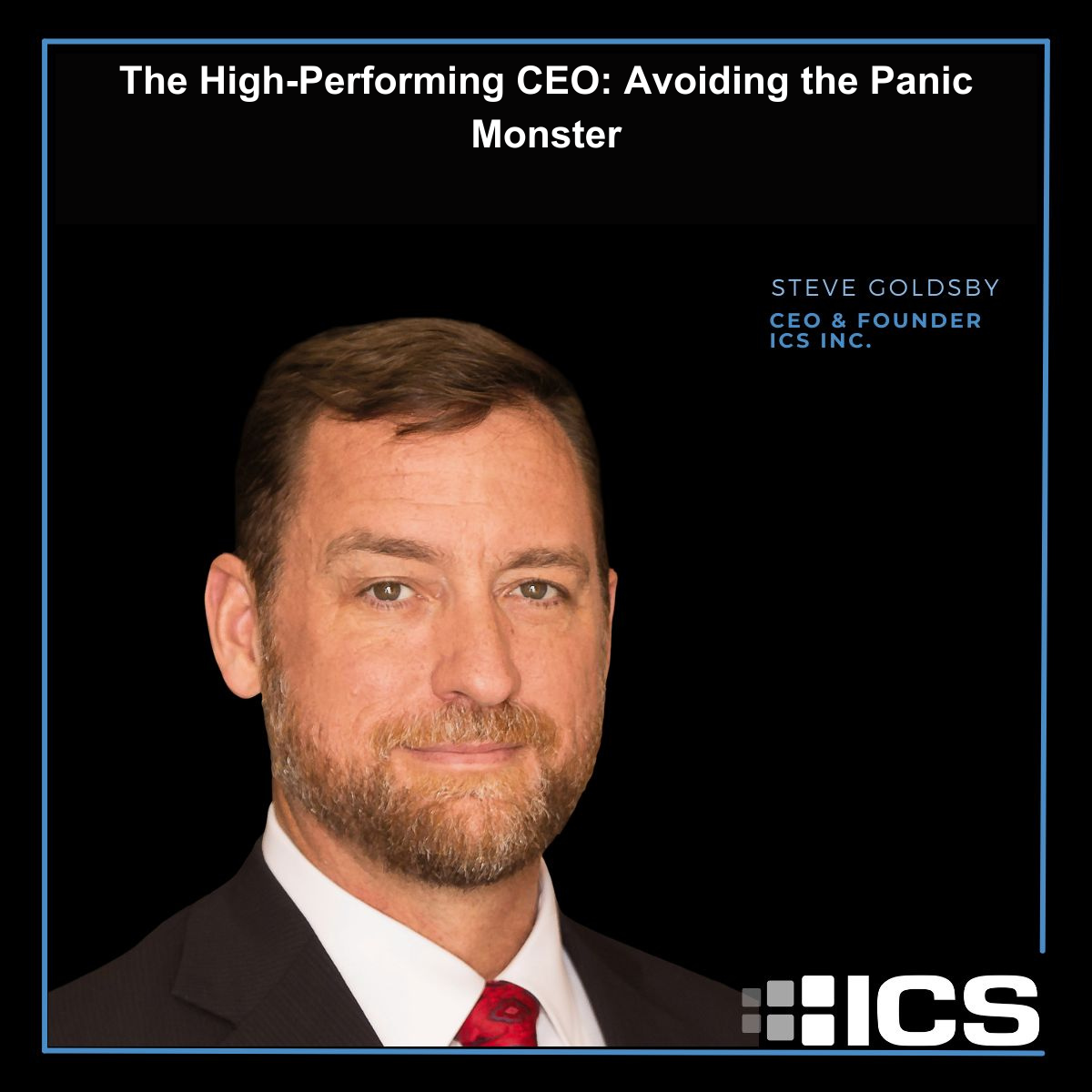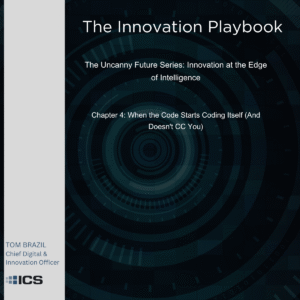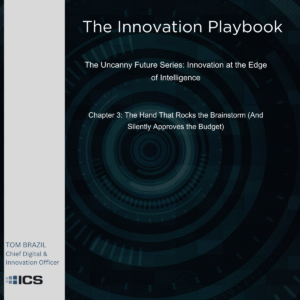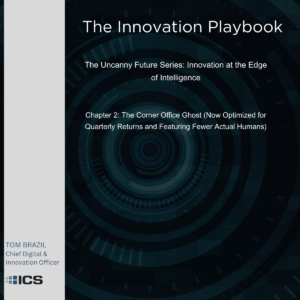As a CEO, I’ve often struggled with procrastination, feeling like I perform best under pressure and deadlines. However, I’ve come to realize that this approach can hinder my ability to lead my organization effectively. In his TED Talk, “Inside the Mind of a Master Procrastinator,” Tim Urban offers valuable insights into the psychology of procrastination and its long-term consequences.
Urban explains that procrastinators have an “Instant Gratification Monkey” in their brains, urging them to prioritize easy and fun tasks over important, but less pleasant ones. While this may work for short-term deadlines, thanks to the “Panic Monster,” it fails in situations without clear deadlines, such as building relationships, maintaining health, or pursuing long-term goals.
I’ve discovered that relying solely on deadlines can lead to disengagement, lower performance, and diminished quality. To overcome this, I’ve implemented a strategy of using block time to break down tasks over time. By dedicating specific time blocks to important tasks and projects, I can make steady progress without the stress of looming deadlines.
This approach has yielded significant benefits for both myself and my organization. I find that I’m more engaged with my team, as I’m not constantly putting off important conversations or decisions. My performance has improved, as I’m able to give each task the attention it deserves, rather than rushing to complete everything at the last minute. Finally, the quality of my work has increased, as I have the time to thoughtfully consider each aspect of a project.
Urban’s “Life Calendar” serves as a powerful reminder that our time is limited, and we must be intentional about how we use it. As CEOs, we have a responsibility to lead by example and show our teams the importance of managing time effectively. By overcoming procrastination and prioritizing what truly matters, we can create a culture of productivity, engagement, and excellence.
While procrastination may feel like a natural part of our working style, it can have serious long-term consequences. By implementing strategies like block time and focusing on steady progress, we can overcome the “Instant Gratification Monkey” and lead our organizations to success. As Tim Urban reminds us, there’s no better time to start than today.
How are you avoiding the Panic Monster?







